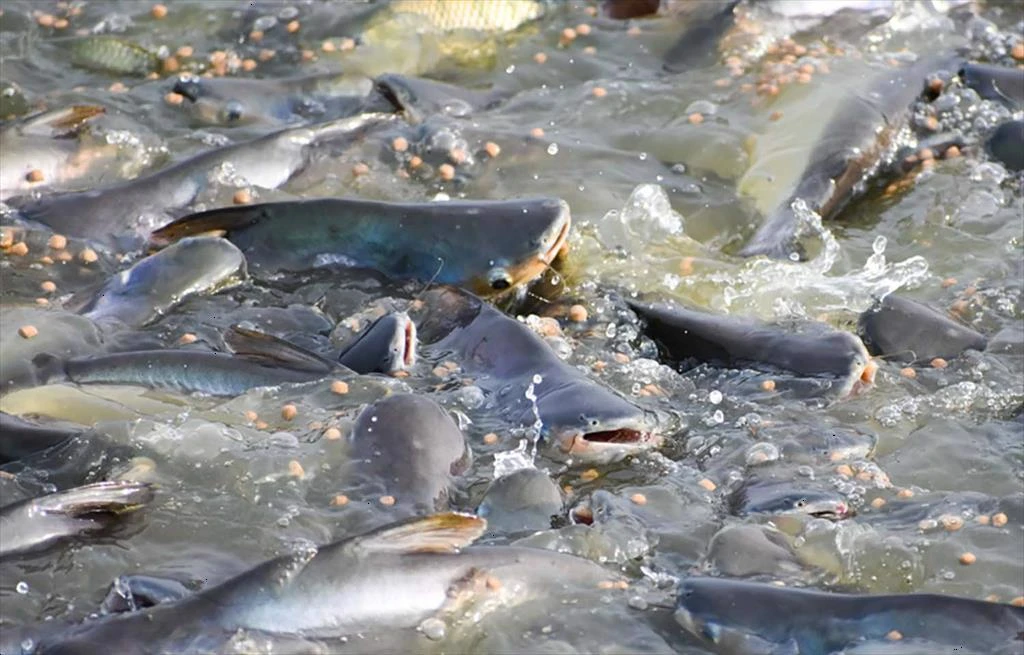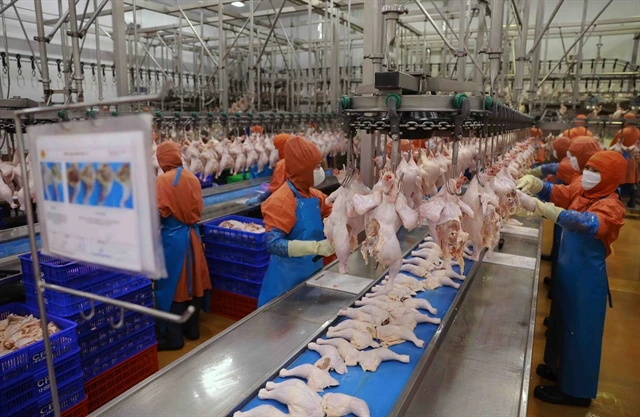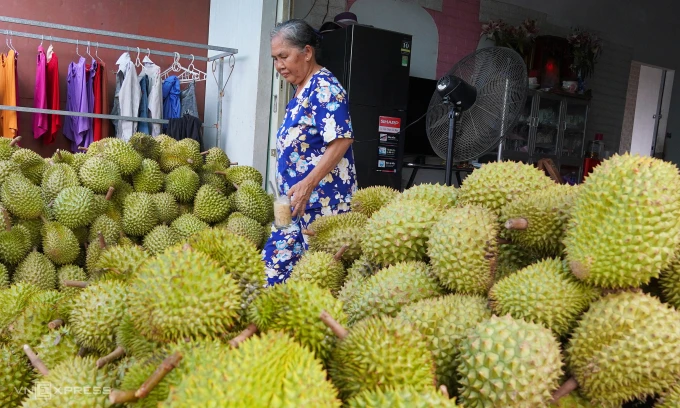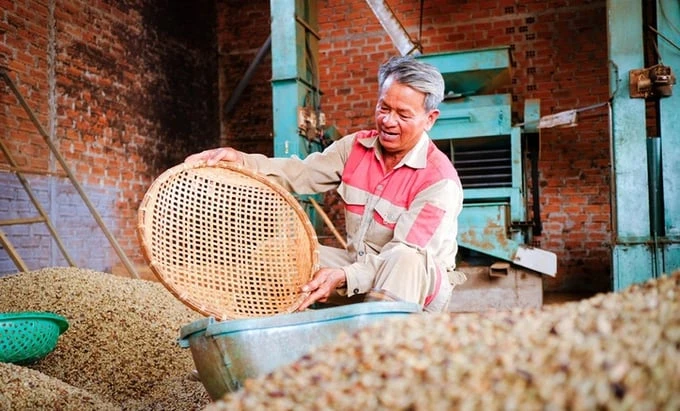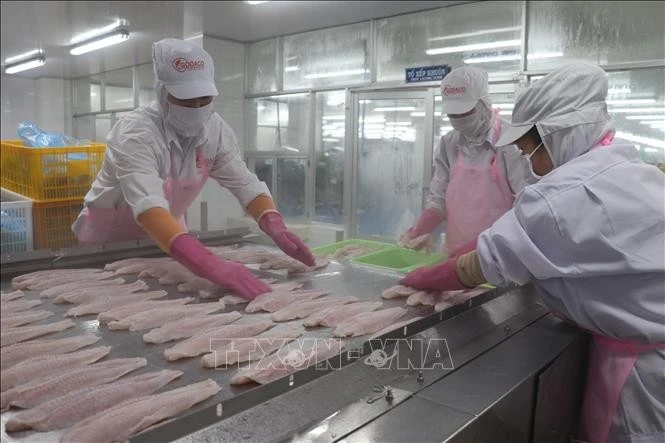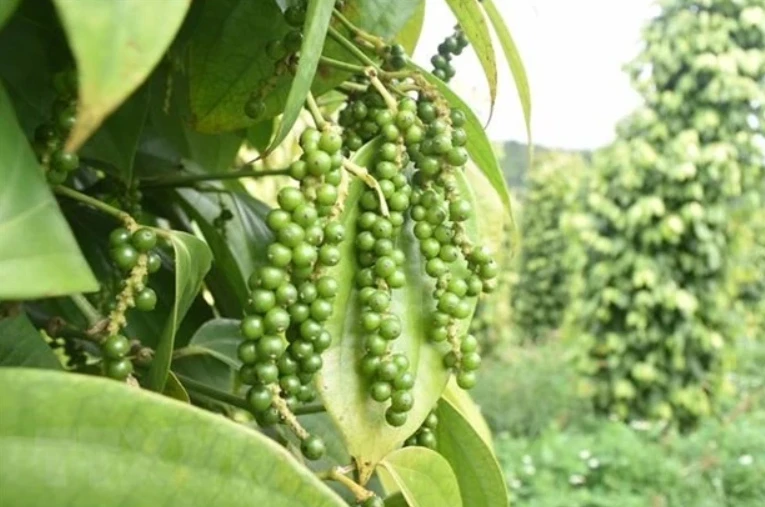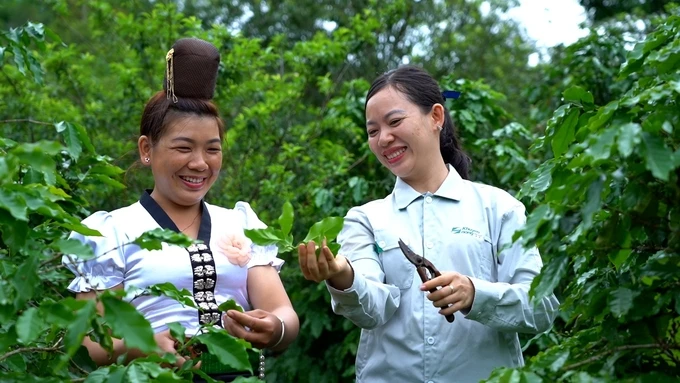
By Vietnam Expo On 05-08-2024 at 1:56 am
The main force contributes significant to the knowledge empowerment of farmers
(VAN) Community Agricultural Extension has gradually established its main role, significantly contributing to farmers' knowledge empowerment, according to Le Quoc Thanh, the Director of the National Agricultural Extension Center.
Following the two-year implementation of the pilot project "Enhancing the Efficiency of Agricultural Extension Activities Based on Consolidating the Model of Community Agricultural Extension Teams," it is apparent that the scope of agricultural extension activities has expanded significantly and unexpected results have been achieved, surpassing the project's initial scope.
26 pilot community agricultural extension teams with 156 members were established in 13 provinces across 5 raw material regions that participated in the initiative, in addition to 1,071 expanded community agricultural extension teams with 9,622 members. The success of the models in the 13 participating provinces has resulted in the establishment of community agricultural extension teams in an additional 44 localities nationwide, resulting in a total of 4,070 teams with 37,394 members. This is particularly noteworthy. Hai Phong (139 teams), Cao Bang (134 teams), Thai Nguyen (121 teams), Yen Bai (150 teams), Ha Tinh (160 teams), Quang Nam (826 teams), and other provinces and localities have established a significant number of community agricultural extension teams.
In practical terms, it is evident that the efficient operation of community agricultural extension teams has mobilized the involvement of localities and the business community, generated income for members, and has gradually become a significant force in empowering farmers' knowledge.
Although these accomplishments are merely the beginning, they can be regarded as a revolution, given the numerous obstacles encountered at the start of the pilot project.
At that time, the agricultural extension system in numerous localities was fragmented, weakened, and lacked sustainable connectivity. In certain regions, agricultural extension work was primarily focused on technical transfer, with little thought given to market development, value chain linkage, quality management, and traceability. In numerous regions, agricultural extension officers had a limited capacity, particularly in their knowledge and soft skills, including economics, management, administration, digital transformation, and marketing.
A well-organized approach to agricultural extension work is necessary in the present circumstances, particularly at the grassroots level. Out of necessity, the "Enhancing the Efficiency of Agricultural Extension Activities Based on Consolidating the Model of Community Agricultural Extension Teams" project was initiated to fortify a sustainable agricultural extension system to support the Strategy for Sustainable Agricultural and Rural Development more effectively.
The primary objective is to enhance grassroots agricultural extension work, particularly at the commune level, through a service-oriented approach to agricultural extension activities. Agricultural extension activities are centered on four primary objectives: the transfer of technology, the support of the formation and development of cooperatives, the provision of market information, the establishment of production linkages, and the provision of digital transformation support. These activities are based on agricultural cooperatives as the foundation for sustainable farmer production. Diversifying agricultural extension activities to include services and establishing sustainable raw material regions.
The community agricultural extension team model was established with a primary membership of commune leaders, representatives of local associations, cooperatives, prosperous farmers, and business representatives. Upon its implementation, the effectiveness of the model was immediately demonstrated. To transform existing organizations such as socio-economic groups, farmer groups, agricultural extension clubs, and cooperatives into community agricultural extension teams managed by provincial agricultural extension centers, all 13 project provinces acknowledged the need to consolidate and perfect the grassroots agricultural extension system.
The community agricultural extension team model has garnered significant support from local authorities and producers in 57 provinces and cities. Some provinces have utilized provincial budget funds to improve the capacity of community agricultural extension after their establishment. Consequently, some community agricultural extension teams initially provided extension services and generated income from these services.
The community agricultural extension teams have become more involved in the value chain in addition to their capacity-building activities, project leadership, scientific and technical knowledge transmission, and community building. For example, in the fruit-producing regions of the northern mountainous regions, partnerships have been established with enterprises such as Doveco Son La, Bao Lam Company, and Nafoods to utilize pineapples, passion fruits, and other agricultural products, thereby benefiting farmers and cooperatives.
In the fruit-producing region of Dong Thap Muoi, agricultural extension teams have recommended forming cooperative groups and conducting conferences connecting farmers with enterprises that consume their products. Connections have been established with Vinh Hiep Company in the Central Highlands to ensure the production and utilization of 4C coffee products and with Binh Dien Company to implement a smart coffee cultivation program. Support has been provided for production linkage and product consumption between residents, cooperatives, and enterprises in large timber plantation areas.
The National Agricultural Extension Center will continue collaborating with the business community and localities to extend the community agricultural extension team model to 15 additional provinces during 2024-2025. This expansion will be based on confirmed achievements, emphasizing provinces involved in the one million hectares of high-quality, low-emission rice project.
The National Agricultural Extension Center aspires to increase the effectiveness of community agricultural extension teams by fostering greater engagement from the business community and localities. This will ensure that their activities significantly contribute to the development of ecological agriculture, modern rural areas, and civilized farmers.
The community agricultural extension force increasingly asserts its key role, contributing significantly to agricultural restructuring and shifting the mindset from production to agricultural economics. This is significant for agricultural, farmer, and rural development, particularly the goal of educating and empowering farmers.
The general agricultural extension workforce, particularly community agricultural extension teams, will continuously enhance their capabilities, update their knowledge, and fulfill their roles and responsibilities in leading the community and connecting various societal components to participate in agricultural extension activities.
The ultimate objective is establishing a green agriculture sector, empowering producers with knowledge, and transforming rural areas into prosperous and livable communities.

Author
Vietnam Expo
Related posts
18-07-2024
Pepper export turnover up over 30% in H1